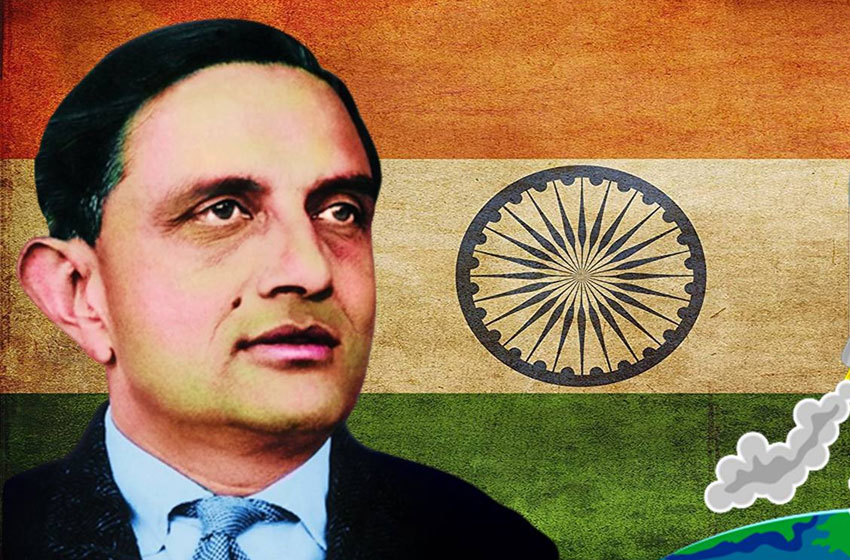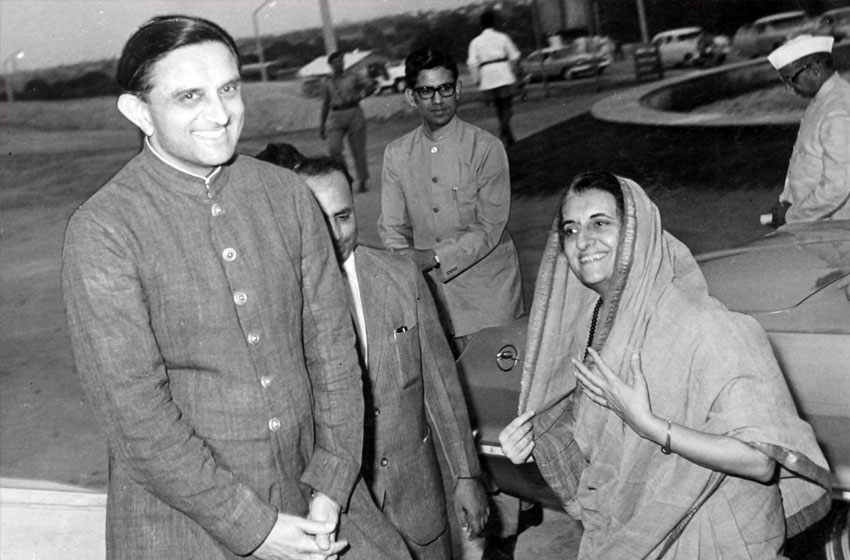The Man Who Inspired India’s Lunar Aspirations

The Visionary Behind India’s Space Aspirations
In a newly-independent India hungry for progress, one scientist’s vision went beyond the earthly constraints of science and technology. Dr. Vikram Sarabhai, often dubbed the father of the Indian space programme, was the man who first got India dreaming of the moon and stars. His belief that space science could be harnessed for national development laid the foundations for India’s burgeoning space research.
Early Life and Education
Born on 12 August 1919, into an affluent family in Ahmedabad, Sarabhai demonstrated an early penchant for science. Educated at Cambridge and mentored by cosmic-ray scientist Sir C.V. Raman, Sarabhai returned to India at a time when the country was on the cusp of independence. While his contemporaries were focused on industrialisation and economic progress, Sarabhai’s gaze was set firmly skyward.
Pioneering Contributions
Sarabhai founded the Physical Research Laboratory (PRL) in Ahmedabad in 1947, initially focusing on cosmic rays. But his vision was grander. He was instrumental in establishing the Indian National Committee for Space Research in 1962, which later evolved into the Indian Space Research Organisation (ISRO).
The Moon and Beyond
It was under Sarabhai’s stewardship that India launched its first satellite, Aryabhata, in 1975. Although he did not live to see the launch, his dream of India reaching for the moon became a reality with the Chandrayaan missions. These missions not only catapulted India into an elite club of nations capable of interplanetary exploration but also fulfilled Sarabhai’s vision of using space technology for practical applications, such as lunar water-ice discovery.

Legacy and Inspiration
Sarabhai passed away at the young age of 52, but his legacy endures in the work that ISRO continues to undertake. The organisation’s missions, whether to Mars or the moon, carry the imprint of Sarabhai’s original vision. His ethos of applying space science for national development continues to be the bedrock of ISRO’s activities.
In an era defined by rapid technological advancements, Vikram Sarabhai stands as a monumental figure who dared to dream beyond the ordinary. He was not just a scientist but a visionary who believed in the potential of a newly-independent India to make strides in a field as advanced and complicated as space science. Today, as we witness India’s growing prowess in space exploration, it is impossible not to recall the man who first got India dreaming of the moon.


